Have you ever found yourself transported to a different time and place just by hearing the first few notes of a song? It's a phenomenon many of us have experienced, yet few truly understand. The power of music, especially those initial seconds of a melody, can act as a key to unlock memories, emotions, and even a sense of time travel. This isn't just a poetic notion; it's rooted in the way our brains process sound and memory. The intro of a song often serves as a trigger, catapulting us back to specific moments in our lives with startling clarity. Whether it's the opening guitar riff of a classic rock anthem or the gentle piano notes of a ballad, these sounds have the ability to transcend time and space, offering a brief escape or a poignant reminder of the past.
The science behind this experience is as fascinating as the experience itself. Our brains are wired to associate sounds with memories and emotions. The auditory cortex, which processes sound, is closely linked to the hippocampus and amygdala—regions responsible for memory and emotional responses. When we hear a familiar intro, it can instantly activate neural pathways connected to past experiences. This rapid recall isn't just about recognizing the song; it's about reliving the context in which we first heard it or the moments it soundtracked. For instance, the opening chords of "Sweet Child O' Mine" by Guns N' Roses might whisk someone back to their high school prom, while the first few seconds of "Bohemian Rhapsody" could evoke memories of road trips with friends. This instantaneous journey is almost magical, yet it's a testament to the intricate workings of our minds.
Beyond individual experiences, the intros of certain songs have become cultural time capsules. Think of the iconic beginning of "Smells Like Teen Spirit" by Nirvana—it doesn't just remind us of the '90s grunge era; it immerses us in the angst and rebellion of that time. Similarly, the opening synth notes of "Take On Me" by A-ha instantly evoke the vibrant, experimental spirit of the 1980s. These songs do more than define a decade; they allow listeners to step into that era, if only for a few minutes. This collective time travel is why music is such a powerful social and historical force. It connects generations and preserves the essence of moments that might otherwise fade away.
Artists and producers are well aware of this power. Crafting a memorable intro is often a deliberate effort to create an immediate emotional hook. Consider the haunting piano introduction to "Clocks" by Coldplay or the distinctive drum roll at the start of "We Will Rock You" by Queen. These elements are designed to grab the listener's attention and set the tone for the entire song. But they also serve a deeper purpose: to become timeless anchors in people's lives. A well-crafted intro can ensure that a song remains relevant and evocative for decades, continually offering new generations a portal to the past—or to the feelings associated with it.
In today's fast-paced digital age, where music is often consumed in snippets or through shuffled playlists, the intro has taken on new significance. Platforms like TikTok and Instagram have amplified the impact of song intros, turning them into viral sensations that define trends and moments. A catchy or emotionally charged intro can spread rapidly, creating shared experiences across the globe. This modern phenomenon shows that the magic of time travel through music is not diminishing; it's evolving. Even in a fragmented media landscape, those first few seconds retain their power to unite, inspire, and transport us.
Ultimately, the ability to time travel through a song's intro is a uniquely human experience. It blends neuroscience, culture, and personal history into something that feels almost supernatural. Whether you're hearing a song from your childhood or discovering a classic from before your time, that initial melody can serve as a bridge across years or even centuries. So next time you press play, pay attention to those opening notes—you might just find yourself on a journey you never expected.
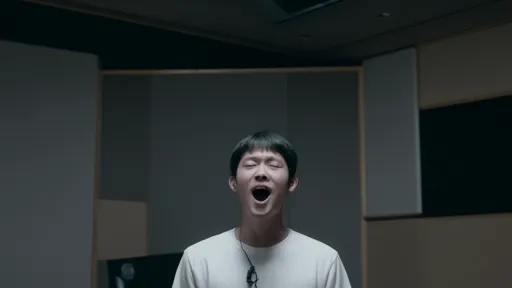
By /Aug 22, 2025

By /Aug 22, 2025

By /Aug 22, 2025
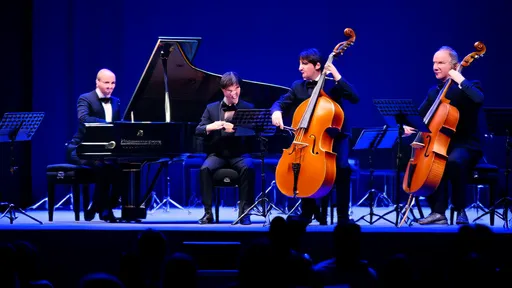
By /Aug 22, 2025
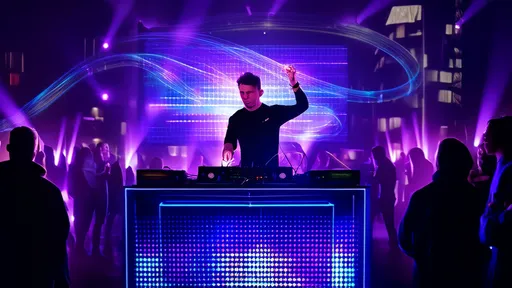
By /Aug 22, 2025
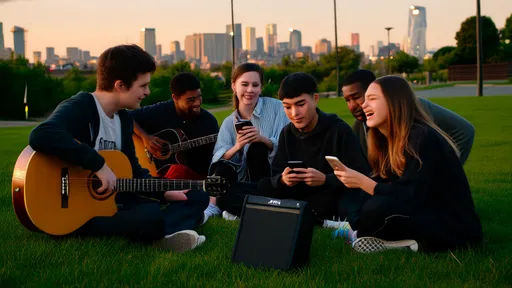
By /Aug 22, 2025
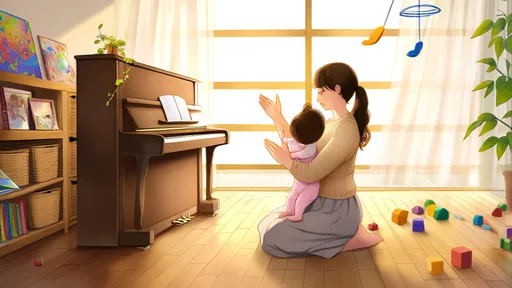
By /Aug 22, 2025
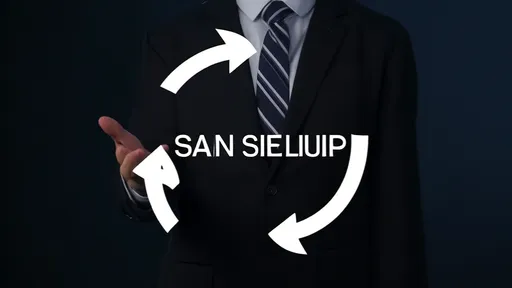
By /Aug 22, 2025

By /Aug 22, 2025

By /Aug 22, 2025

By /Aug 22, 2025

By /Aug 22, 2025
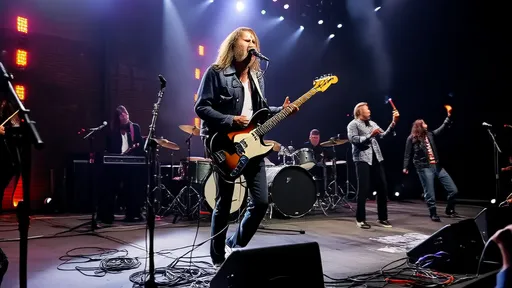
By /Aug 22, 2025

By /Aug 22, 2025

By /Aug 22, 2025
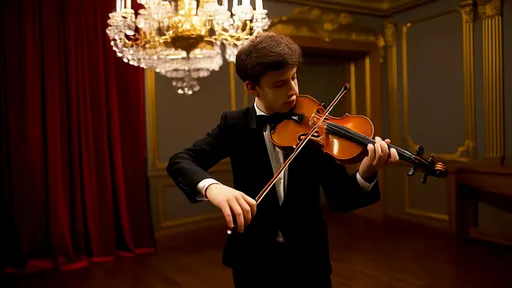
By /Aug 22, 2025
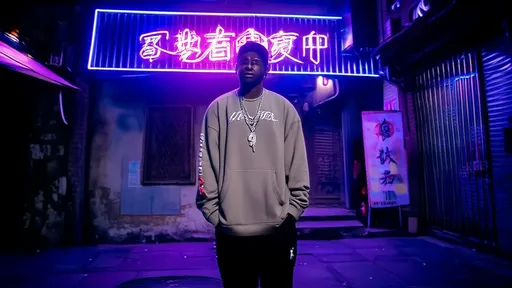
By /Aug 22, 2025
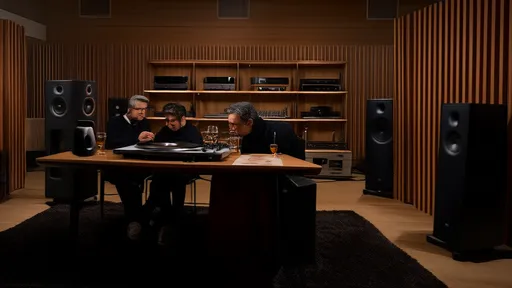
By /Aug 22, 2025

By /Aug 22, 2025
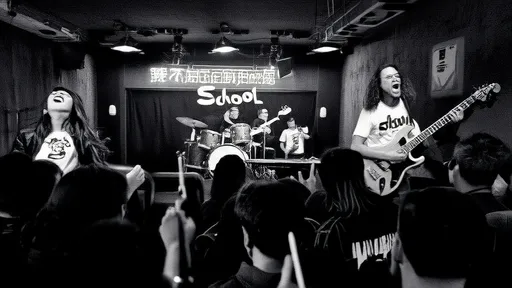
By /Aug 22, 2025